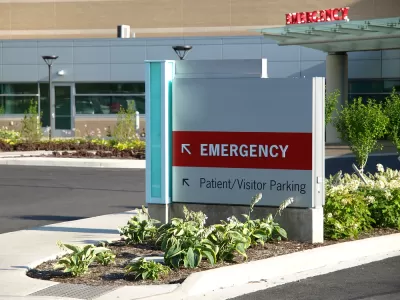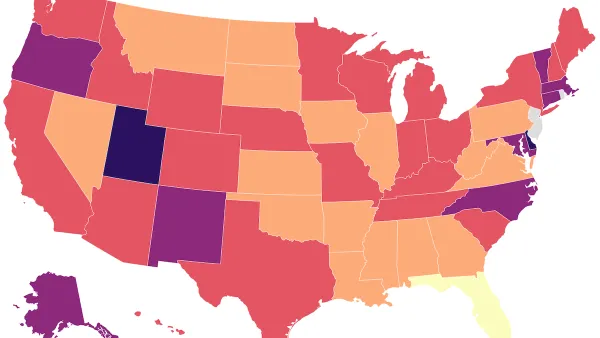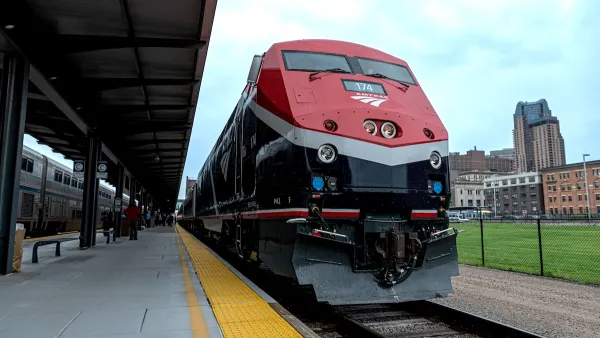The opening of a new trauma center at the University of Chicago Hospital means many South Siders are closer to care, but there’s still a wide disparity between the distance white and black Chicagoans must travel for emergency care.

Less than a year ago, Chicago opened its South Side Level 1 trauma center at the University of Chicago. "Before the trauma center opened — after years of campaigning by activists — Chicagoans in mostly black neighborhoods were 8.5 times more likely than people in mostly white neighborhoods to live in “trauma deserts,” according to the study, published in the journal JAMA Network Open on Friday," Lisa Schencker writes for the Chicago Tribune. Still, the addition hasn’t solved the inequities in trauma care. Today black Chicagoans are 1.6 times more likely than white Chicagoans to live in "trauma deserts."
"Until the new center opened, the South Side hadn’t had a Level I adult trauma center since Michael Reese Hospital in Bronzeville closed its center in the early 1990s," Schencker reports. This long-enduring issue is not unique to Chicago, in Los Angeles, for example, black residents are five times more likely than white residents to live in trauma deserts. Some claim this problem is a structural one that is bound up with the way health care is funded, a structure that leaves poor and often black residents at a disadvantage.

Maui's Vacation Rental Debate Turns Ugly
Verbal attacks, misinformation campaigns and fistfights plague a high-stakes debate to convert thousands of vacation rentals into long-term housing.

Planetizen Federal Action Tracker
A weekly monitor of how Trump’s orders and actions are impacting planners and planning in America.

In Urban Planning, AI Prompting Could be the New Design Thinking
Creativity has long been key to great urban design. What if we see AI as our new creative partner?

King County Supportive Housing Program Offers Hope for Unhoused Residents
The county is taking a ‘Housing First’ approach that prioritizes getting people into housing, then offering wraparound supportive services.

Researchers Use AI to Get Clearer Picture of US Housing
Analysts are using artificial intelligence to supercharge their research by allowing them to comb through data faster. Though these AI tools can be error prone, they save time and housing researchers are optimistic about the future.

Making Shared Micromobility More Inclusive
Cities and shared mobility system operators can do more to include people with disabilities in planning and operations, per a new report.
Urban Design for Planners 1: Software Tools
This six-course series explores essential urban design concepts using open source software and equips planners with the tools they need to participate fully in the urban design process.
Planning for Universal Design
Learn the tools for implementing Universal Design in planning regulations.
planning NEXT
Appalachian Highlands Housing Partners
Mpact (founded as Rail~Volution)
City of Camden Redevelopment Agency
City of Astoria
City of Portland
City of Laramie





























